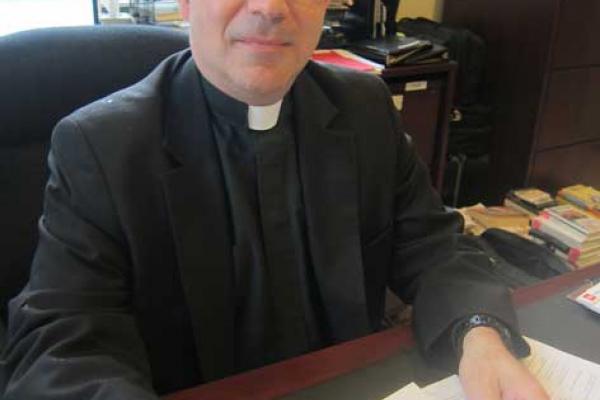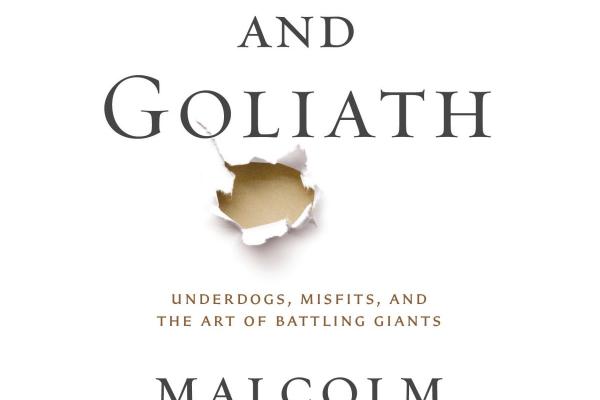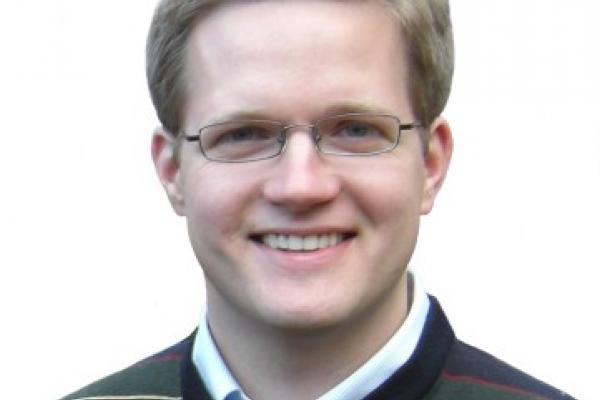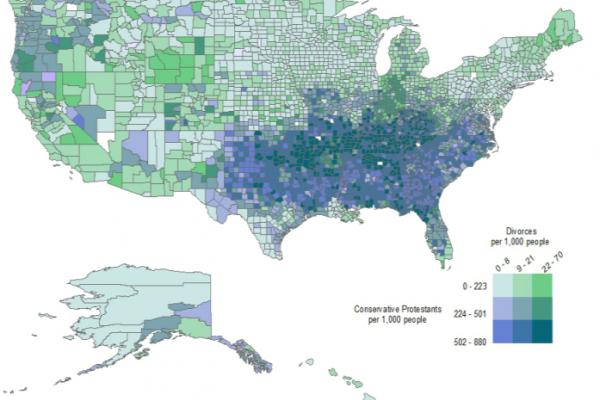Despite all the modern conveniences of the 21st century, our information-saturated culture, an exhaustive supply of self-help books, and giant advances in medical technology, doesn’t it seem like our society is more stressed, our anxiety higher, and more of our kids prescribed behavior modification drugs?
What if one of the reasons for our strung-out culture was the social, emotional, mental, and physiological outworking of the effects of poverty?
In the latest release of the Shriver Report, Dr. Nadine Burke Harris, founder of the California Pacific Medical Center’s Bayview Child Health Center, has found through medical research and experiences of her patients that the stress of poverty can be manifested in alarming behaviors and predispositions.
Leslie Zukor was a 19-year-old student at Reed College studying prison rehabilitation programs when something jumped out at her.
“Not all prisoners are religious, and I wanted them to know that to turn your life around and be a good and productive member of society does not require a belief in God,” she said. “I just thought, wow, it is time to see about getting other perspectives in there.” While there were programs tackling drug abuse, physical and sexual abuse, technical training, and more, all of them were offered by faith-based organizations. Where were the options for those behind bars who are atheists, like her?
So Zukor launched the Freethought Books Project, collecting books about atheism, humanism, and science and sending them to interested prisoners. She estimates that since her first book drive in 2005, she has given out 2,300 books, magazines, and newspapers to perhaps hundreds of prisoners across the country.
I was down in Mexico a few years ago for a gathering of peers who are leading faith communities around the world. It was a rich time of conversation, encouragement, and visioning.
Walking through a local Mexican neighborhood between sessions, something struck me. While those of us in the Minority World (often called the 1st or Western World) are thinking and talking about our theology, most of the folks in the Majority World (often called the 3rd World) have no choice but to simply live into their theology. Talking about our theology, faith, and practice in lecture halls, church buildings, and conference rooms is a luxury that the vast majority of Jesus followers in the world have no opportunity to participate in.
It’s not necessarily a bad thing, but it is reality. And those of us with this luxury better own up to it, because it is easy for us in the West to think we have a corner on the market of theology, which we then project (whether consciously or subconsciously) onto the rest of the world. But who's to say theology built in academia is any more valid than theology build in the realities of everyday life?
Arriving home from school on Jan. 22, 1973, Mary Wissink noticed her mother was unusually animated.
The dining room table was pulled away from the wall for a festive meal. The linens were ironed. The smell of turkey, dressing, and sweet potatoes wafted through the house. Mom was polishing the silver.
Wissink, then a sophomore in high school, realized her mother had come home from work early to prepare a feast.
“Mary,” her mom said, “today you have the right to your own body.”
It was the day the U.S. Supreme Court affirmed the legality of a woman’s right to an abortion. Wissink and her family have been celebrating Roe v. Wade anniversaries ever since.
The Rev. Frank Pavone, head of Priests for Life and a leading anti-abortion crusader, was braving freezing temperatures with thousands of others at the annual March for Life on Wednesday, but at least he can look forward to a warm embrace from the Catholic Church.
After years of tensions with various bishops, Pavone has complied with demands to straighten out the group’s finances and to become accountable to his home diocese in New York.
The news came in a December letter sent to the nation’s Catholic bishops by Bishop Patrick J. Zurek of Amarillo, Texas, where Priests for Life has been based for several years.
What if what you thought were advantages were actually disadvantages? And what you thought were disadvantages ended up being what actually makes people successful?
So embarks best-selling author Malcolm Gladwell of Blink, The Tipping Point, Outliers, and What the Dog Saw in his new book: David and Goliath. In the same clear, concise style that made his other books so intriguing, Gladwell challenges yet another widespread assumption — that being the underdog tends to make one an underdog forever.
Instead he argues that being the underdog can give one the upper hand. In his signature approach, Gladwell supports his hypothesis with a series of narratives, from the classic case of David and Goliath to the forgiveness one Canadian Mennonite woman was able to work towards after her daughter was murdered. Like his previous books, David and Goliath is both entertaining and thought provoking and obliges readers reflect over their lives and reconsider personal “disadvantages” that actually required them to learn skills they otherwise might not have had.
Barack Obama’s critics allege that the president doesn’t practice what he preaches on international religious freedom policy. Last week they pounced on an apparent gap between presidential rhetoric and reality.
On Thursday, the same day that Obama issued his annual Religious Freedom Day proclamation, Religion News Service published an article highlighting his administration’s failure to quickly nominate a new ambassador at large for religious freedom.
Suzan Johnson Cook resigned in October and a successor has yet to be named. It took the administration well over a year to nominate Johnson Cook in the first place, and then a skeptical Senate took an additional year to confirm her. During her brief tenure Johnson Cook never escaped criticism that she was unqualified for the job.
Even so, Obama used his proclamation to affirm, “America proudly stands with people of every nation who seek to think, believe, and practice their faiths as they choose.” He promised that his administration “will remain committed to promoting religious freedom.”
Conservative Protestants in red states aren’t the only ones seeing high divorce rates — so are their neighbors, according to a new study.
Researchers found that simply living in an area with a large concentration of conservative Protestants increases the chances of divorce, even for those who are not themselves conservative Protestants.
According to researchers who took into account race, income, and other factors, marriage and fertility trends that are common among conservative Protestants — younger marriage, more kids, less higher education — affect all people in areas most populated by conservative Protestants, no matter their personal religious affiliation.
There’s an absurd character in The Little Prince by Antoine de Saint-Exupéry who reveals more about our capacity for self-delusion than we might want to admit. He’s called the King and when it comes to desire, he is as deluded about his own power as we are about ours. The King’s delusion is this: he believes that the movements of the sun, moon, and stars are the result of his commands. That’s right – the sun rises and sets because the King commands it to be so. Our delusion is nearly identical: we believe that we are the source of our desires, that they arise and fall at our command. Because of our shared delusions, we and the King are quite out of touch with reality. Remarkably, the cure for us is also the same – spending some quality time with the Little Prince.
Beyond the realm of churches, religious blogs, and bible colleges, nobody really cares about theology. What does matter is the way you treat other people.
Within Christendom, we’re often taught the exact opposite: that doctrines, traditions, theologies, and distinct beliefs are the only things that do matter. It’s what separates churches, denominations, theologians, and those who are “saved” and “unsaved.”
Historically, Christians have been tempted to categorize the Bible into numerous sets of beliefs that are either inspired or heretical, good or bad, right or wrong — with no room for doubt or questioning or uncertainty.
It’s easy to get caught up in theorizing about God, but within our everyday lives reality is what matters most to the people around us. Theorizing only becomes important once it becomes relevant and practical and applicable to our lives.
When I'm sick, and you bring me a meal, I don't care whether you're a Calvinist or Arminian









